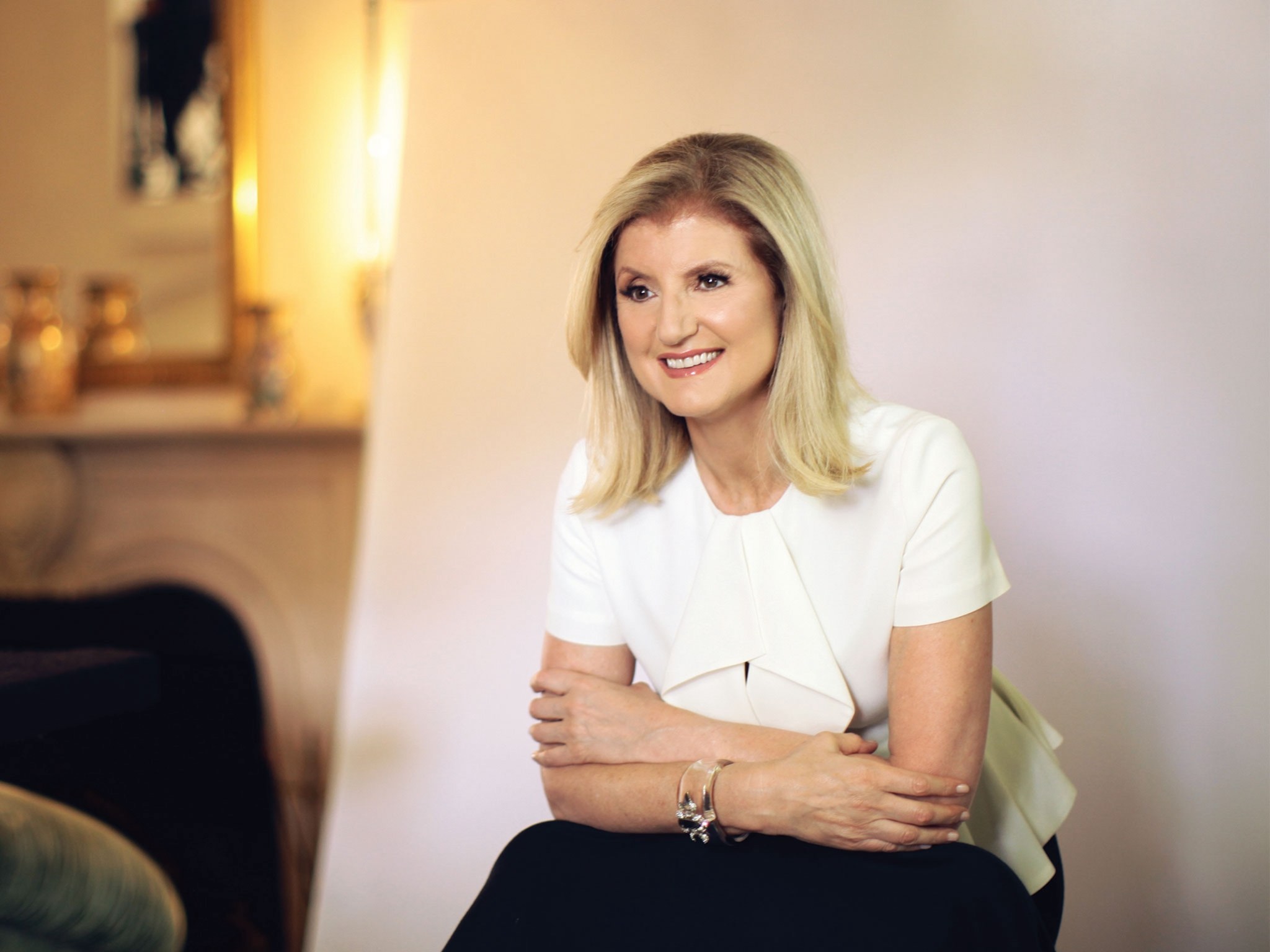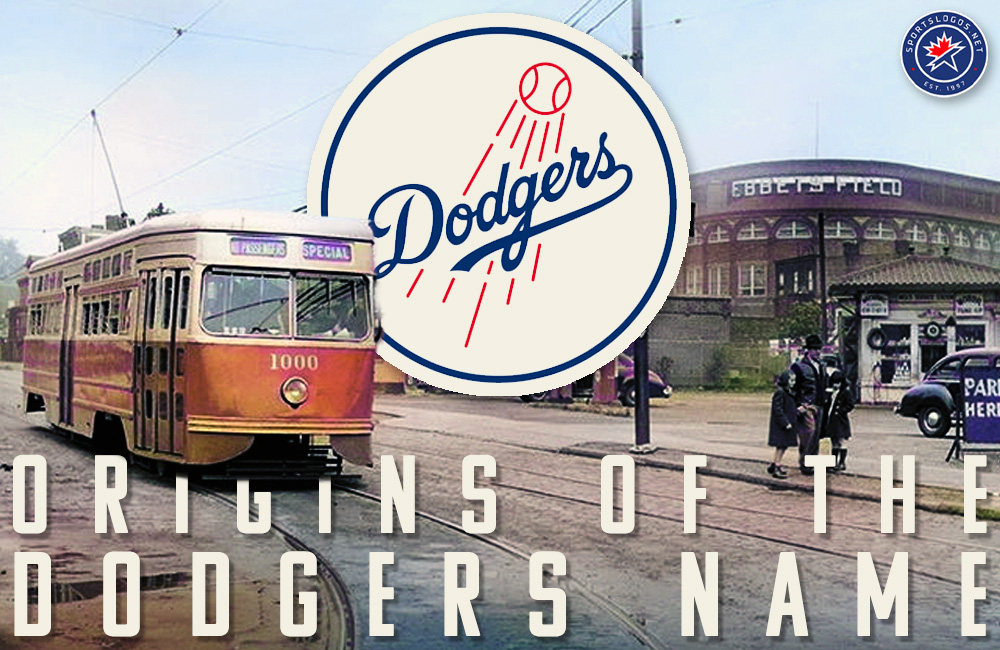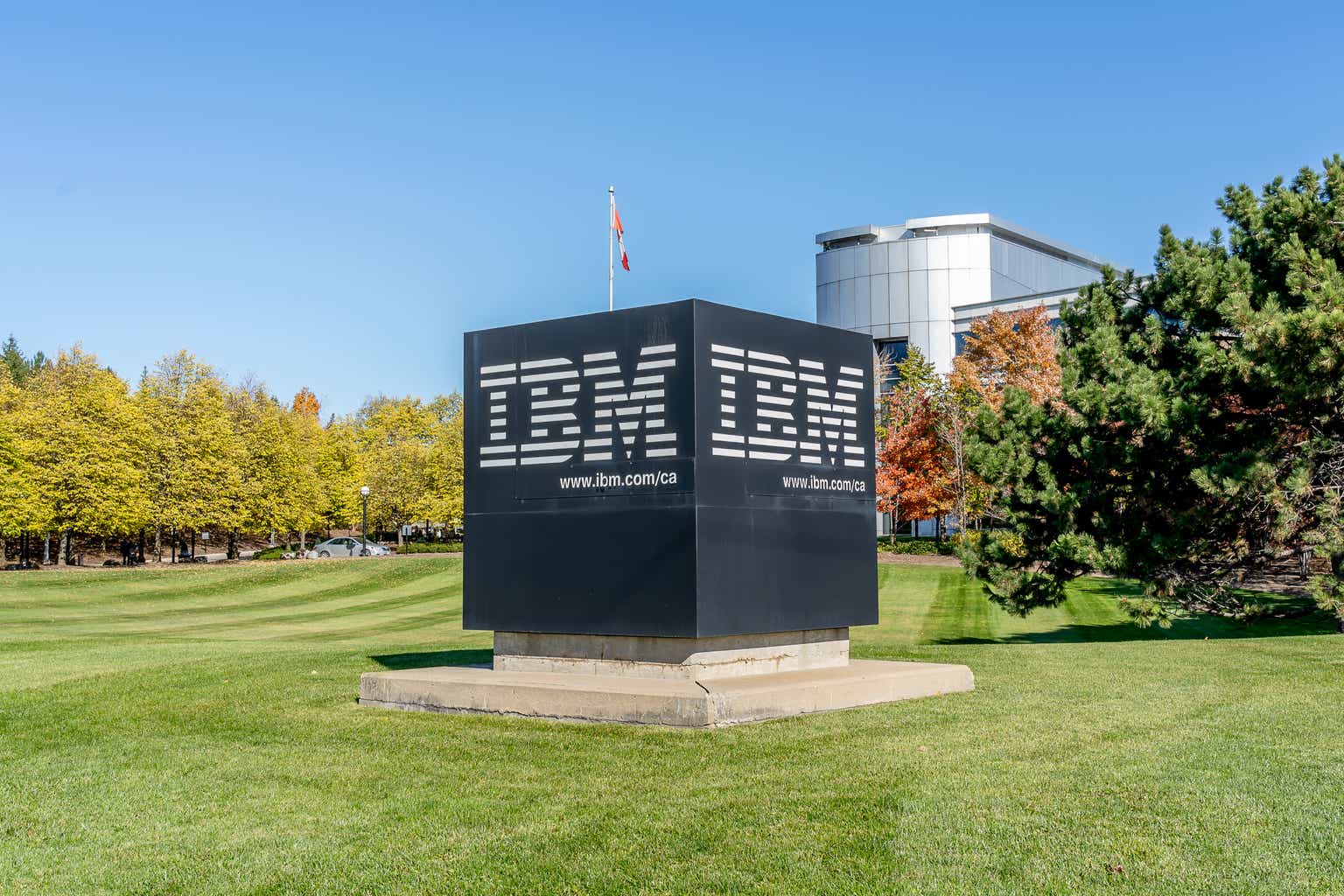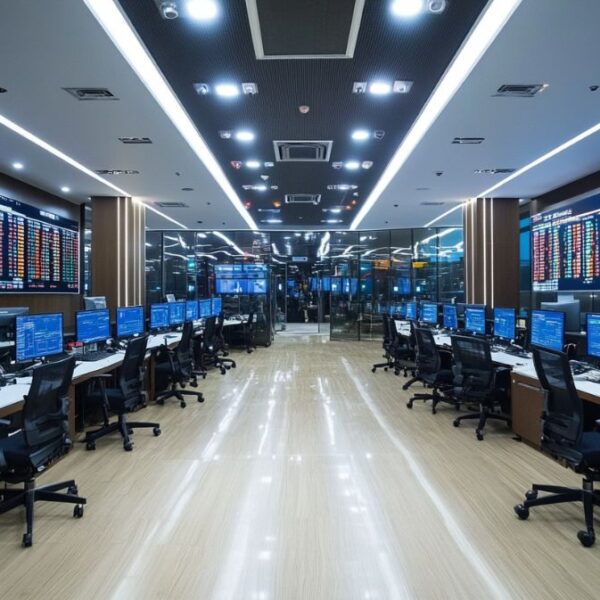
“How did it get so late so soon? It’s night before it’s afternoon. December is here before it’s June. My goodness how the time has flewn. How did it get so late so soon?” — Dr. Seuss
In 1930, economist John Maynard Keynes delivered his famous lecture, Economic Possibilities for our Grandchildren, predicting that within a century, technological progress would meet humanity’s basic needs. Freed from want, he believed our challenge would be how to spend an abundance of leisure. “For the first time since his creation,” Keynes wrote, “man will be faced with his real, his permanent problem — how to use his freedom from pressing economic cares, how to occupy the leisure… to live wisely and agreeably and well.”
It hasn’t turned out that way. Millions remain far from liberated from economic pressure, and few of us feel burdened by an excess of free time. Our problem today isn’t too much leisure — it’s how to make the most of the little we have.
As our tools have become more efficient, our sense of time famine — the feeling that there’s never enough time — has only intensified. It’s one of the biggest obstacles to living “wisely and well.”
Now, with AI, we face an opportunity unlike any before: to redefine our relationship with time. Whether we use this technology to reclaim our hours or to lose even more of them may be the defining question of the AI revolution. As the compulsive global fascination with the just-released Sora shows, it’s far from clear which way we’ll go.
“Time is our most valuable resource — but we don’t live as if it is,” says Ryan Alshak, founder and CEO of Laurel, which uses AI to help organizations track, analyze, and optimize their time. “We’ve got tools and advisors and software to help us manage our every dollar, and yet we don’t value our time in the same way.”
Of course, there’s no shortage of advice online about “making the most” of every minute — endless life hacks, time trackers, and morning routines. But these often consume more of our attention than they free. The fully optimized, inbox-zero, 4 a.m. life may be productive, but is it fulfilling?
Lessons from my mother
I learned the true value of time not from economists but from my mother. She lived with the rhythm of a timeless world — a child’s rhythm. While I always had the sense that it was later than I thought, she never rushed. She believed that hurrying through life only blinds us to the gifts that come from giving our full attention — to a task, a conversation, a relationship, a moment.
The last time she got angry with me before she died was when she saw me reading my email and talking to my children at the same time. I never forgot that lesson. When she passed, I placed a bench in her garden with the inscription: “Don’t miss the moment.”
The 30-minute ick factor
When we’re deeply present, time seems to stretch — what psychologists call time affluence. Yet much of our technology is designed to do the opposite. As Facebook’s founding president Sean Parker admitted, “The thought process that went into building these applications… was all about: ‘How do we consume as much of your time and conscious attention as possible?’”
Social media doesn’t just steal our time; it distorts our perception of it. Studies show we underestimate how long we’ve been scrolling — hence the “30-minute ick factor,” that moment of regret when we realize half an hour has vanished. It’s not just lost time; it’s lost awareness.
Technology increasingly fragments our attention into smaller and smaller units, leaving us less anchored in our own lives. Research shows that constant task-switching makes us underestimate how long things take — and feeling rushed impairs cognition, increases stress, and even raises the risk of hypertension. In short, our time anxiety is costing us our health.
Will we repeat our old errors, or finally treat time as the precious, finite currency it is — preventing the 30-minute ick factor from becoming a 30-year ick factor.
More productivity, less time
In his 1934 book Technics and Civilization, historian Lewis Mumford wrote that “the clock, not the steam engine, is the key machine of the modern industrial age.” The clock, he argued, synchronized humanity — but also enslaved it.
Nearly a century later, the pattern persists. As technology advances, our time feels scarcer. It’s the productivity paradox in action: the more we optimize, the less spacious life becomes. Surveys show that 60% of people believe there simply aren’t enough hours in the day. Gallup reports that stress has been rising for a decade, describing modern life as “inescapable and, at times, suffocating.”
AI could finally deliver on the promise technology once held — to unburden us, not overwhelm us.
Chronos and Kairos
The ancient Greeks saw time in two dimensions: Chronos, the measurable minutes and hours that govern modern life; and Kairos, the transcendent moments when purpose and presence align.
At funerals, we celebrate Kairos, not Chronos. Eulogies don’t praise the number of emails answered. They honor how we loved, laughed, and lived.
Memento Mori
For millennia, humans have tried to make peace with one ultimate constraint: death. “Memento Mori” — remember death — was not a morbid warning but a guide to presence.
Lydia Sohn, a minister who interviewed congregants in their 90s, found that “Their joys and regrets have nothing to do with their careers, but with their parents, children, spouses and friends.” When asked if he wished he’d accomplished more, one man replied, “No, I wished I loved more.”
Megan Shen, a psychologist at the Fred Hutchinson Cancer Center, found similar results. Near the end of life, people’s regrets weren’t about productivity but about relationships — what they hadn’t said or shared.
Each yes is a no to something else. But clarity about time’s value doesn’t require the perspective of final days — only the courage to step outside the grind long enough to see what matters.
AI and the promise of time
AI may yet help fulfill Keynes’s vision — if we use it deliberately. Studies show it’s already saving us between three and five hours a week. Yet 83% of those who gained time said they wasted at least a quarter of it.
“The opportunity, then, is not only to give time back — but also to guide how we spend it,” says Alshak. “To use technology not simply to accelerate our work, but to elevate our lives.”
If we live to 80, we get roughly 30,000 days. The question AI forces us to ask is how we’ll spend them. Will we repeat our old errors, or finally treat time as the precious, finite currency it is?
Used well, AI could turn time famine into time affluence — freeing us to build the Kairos moments that make life worth living. That may be the most human innovation of all.















